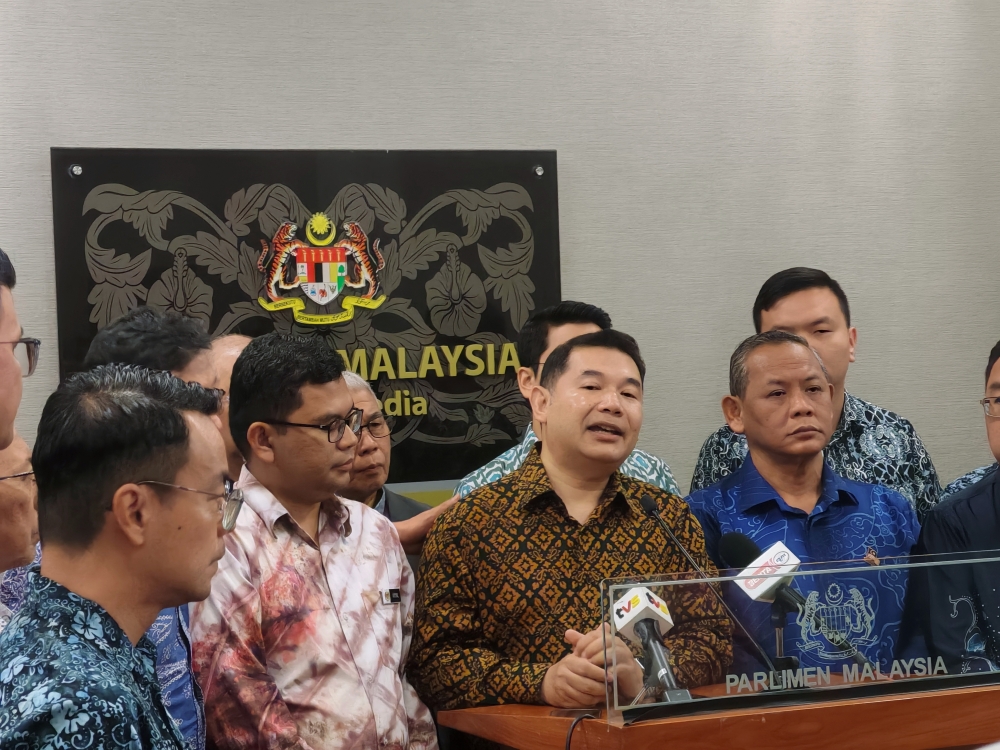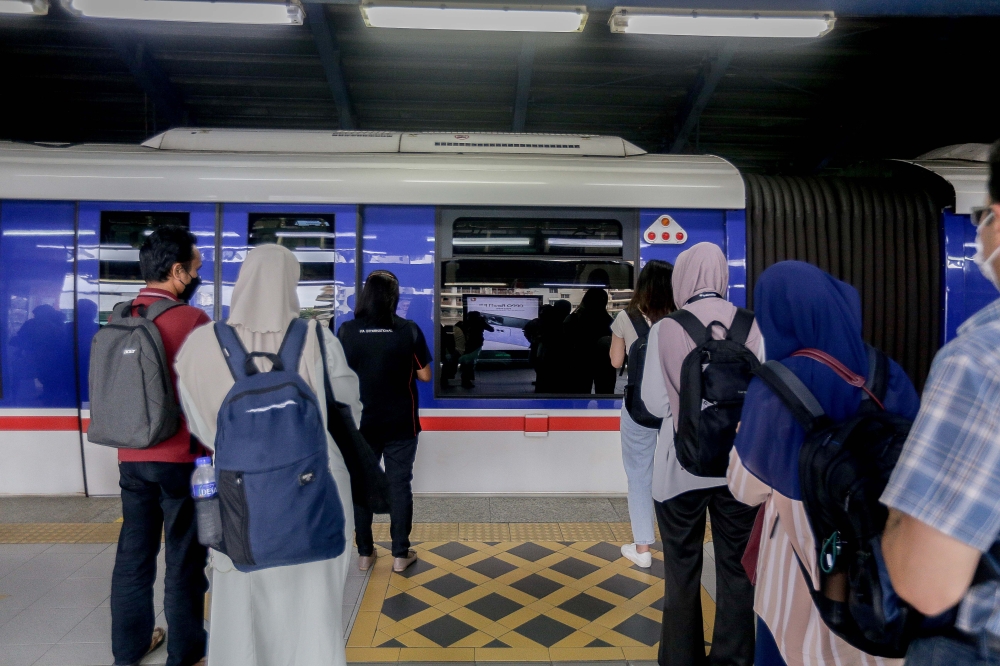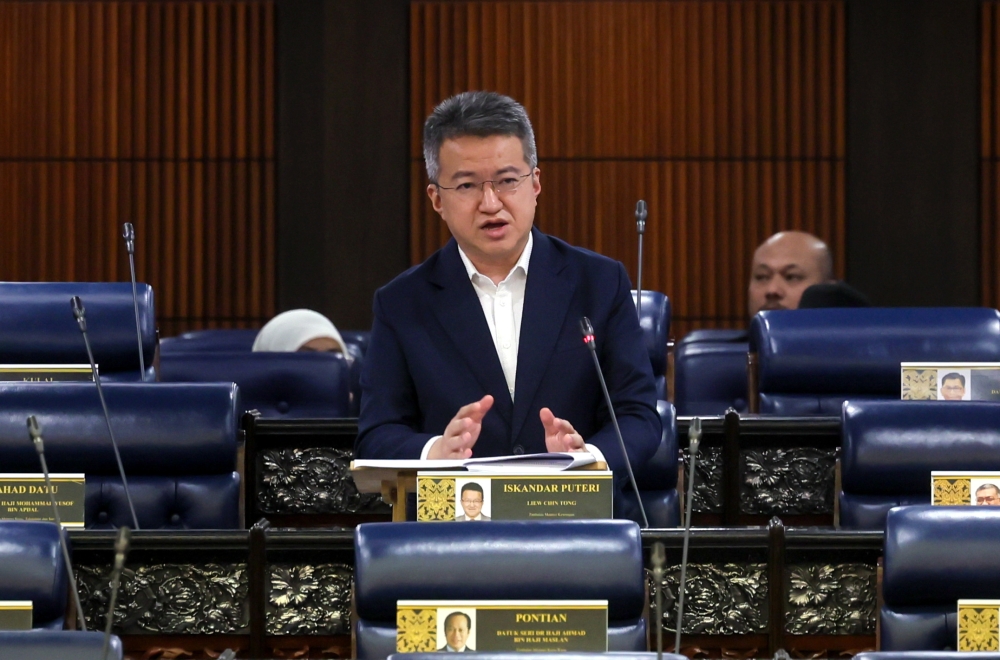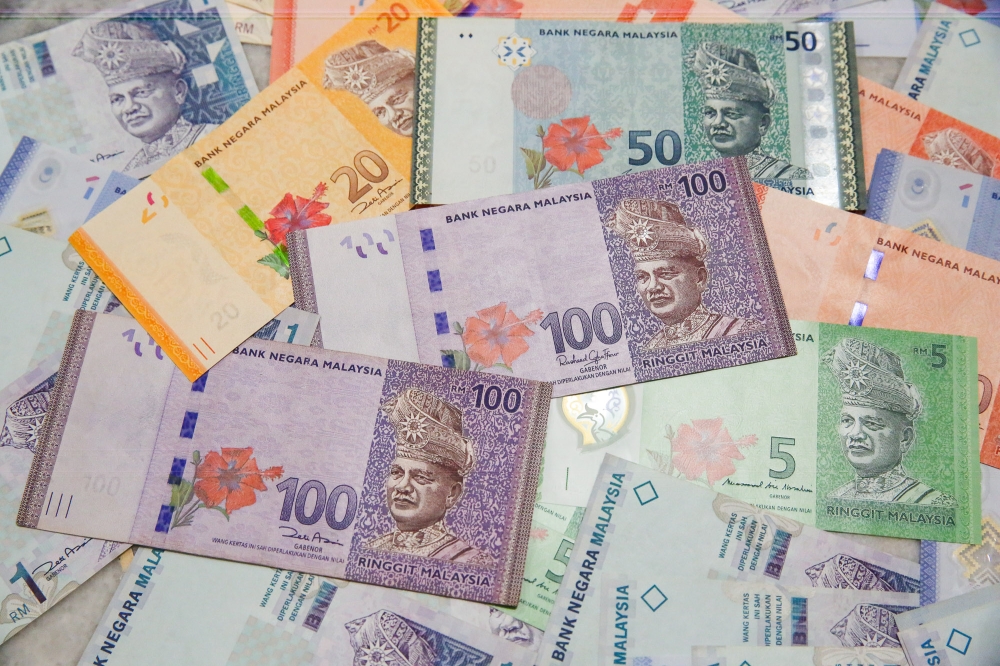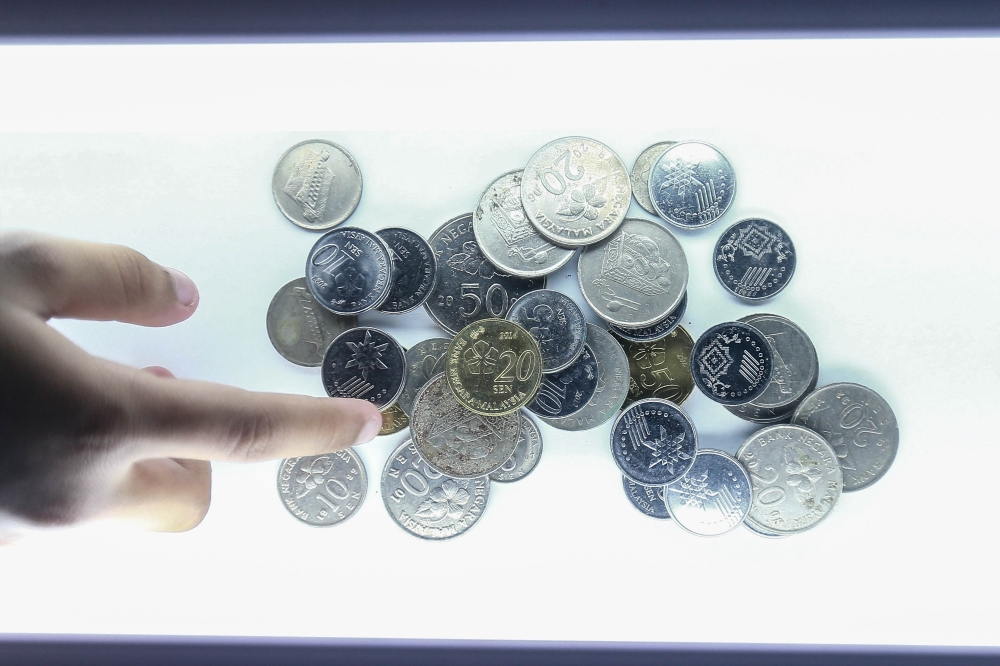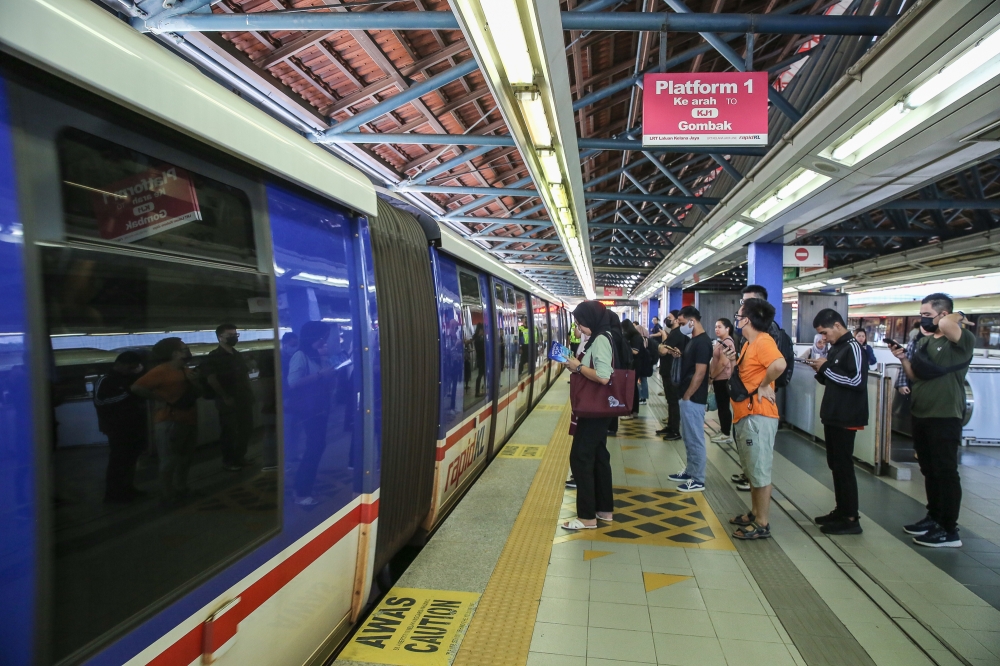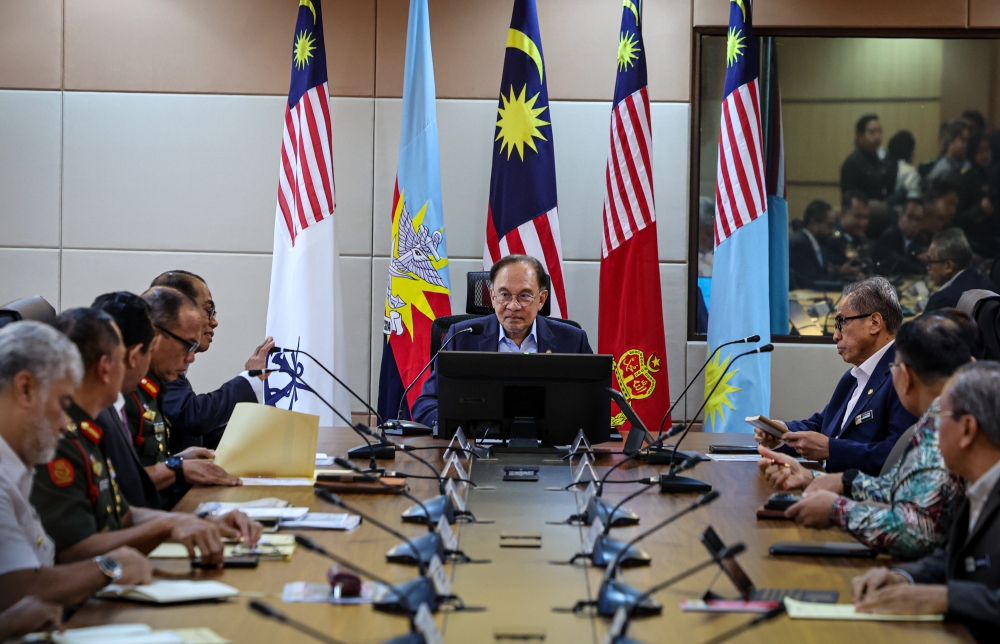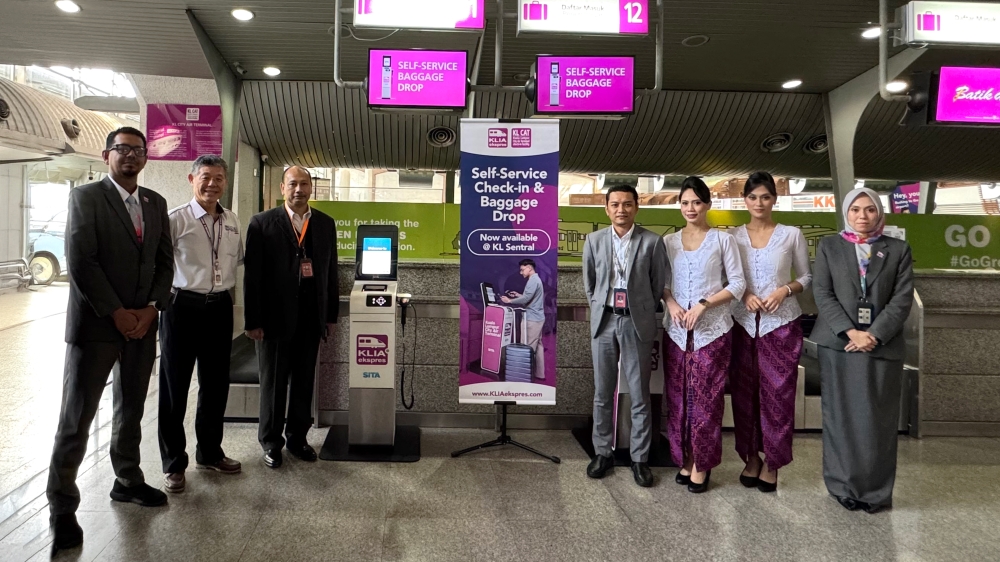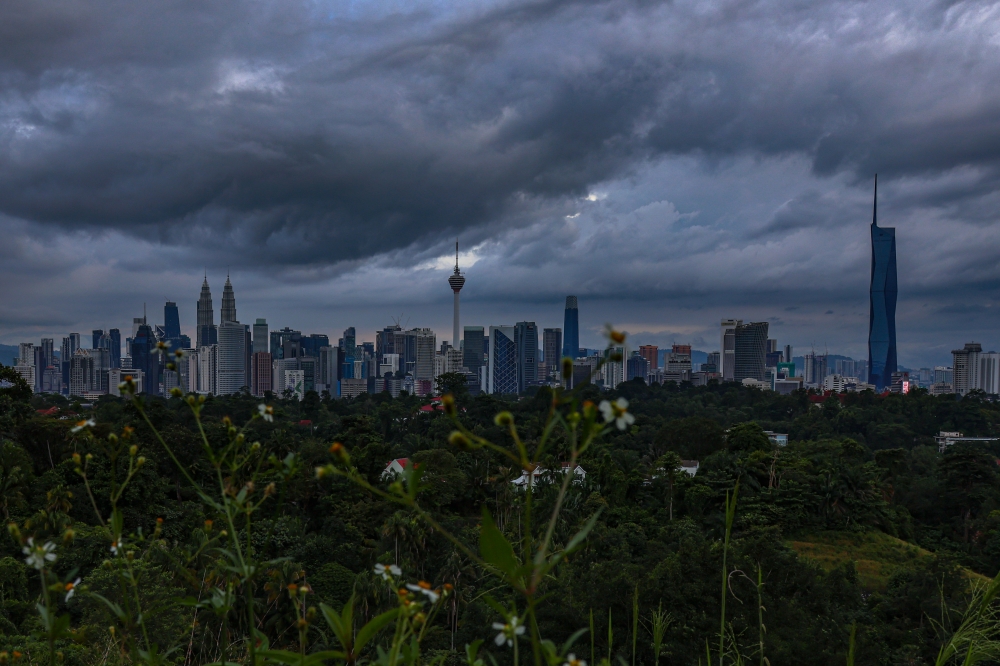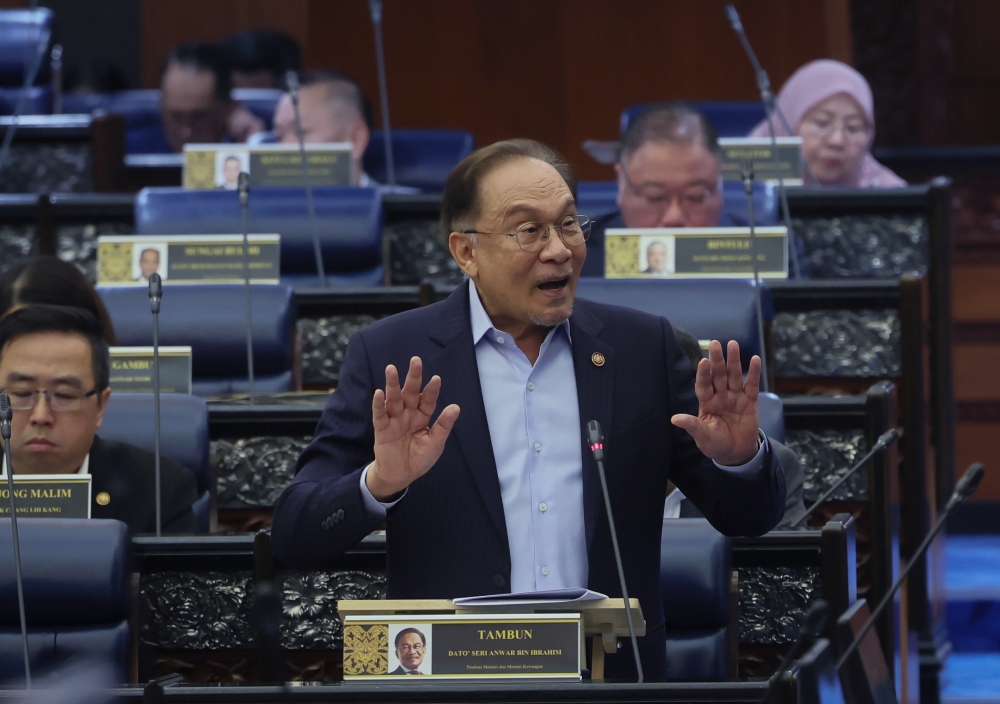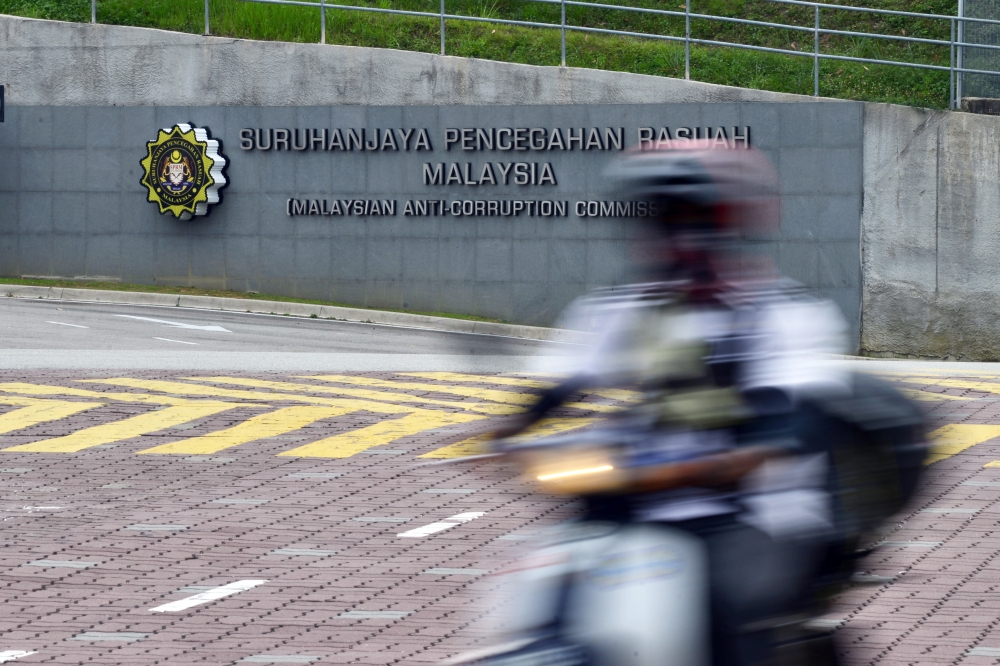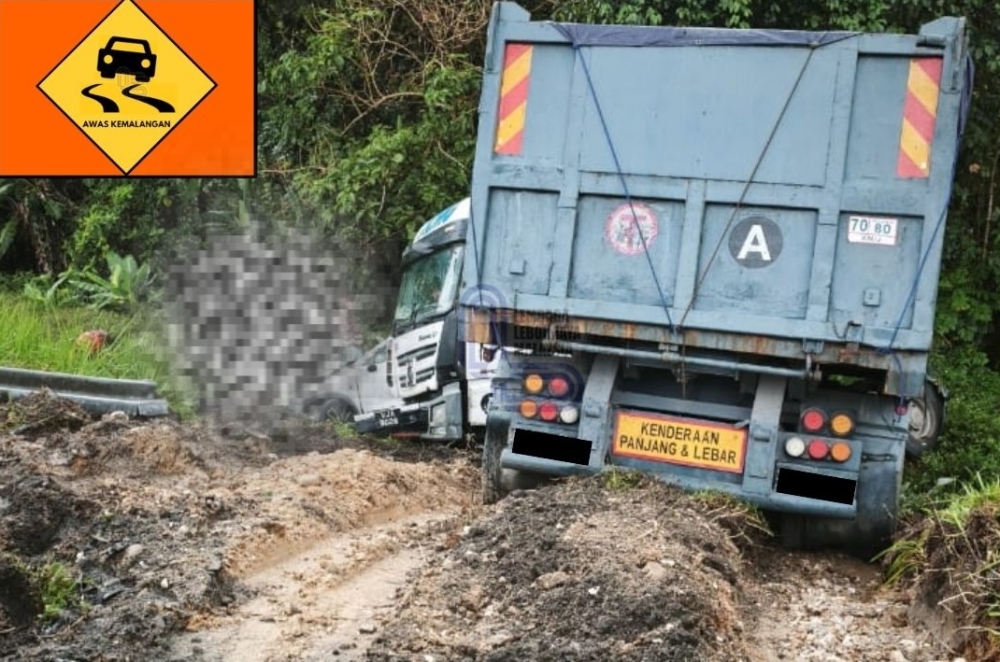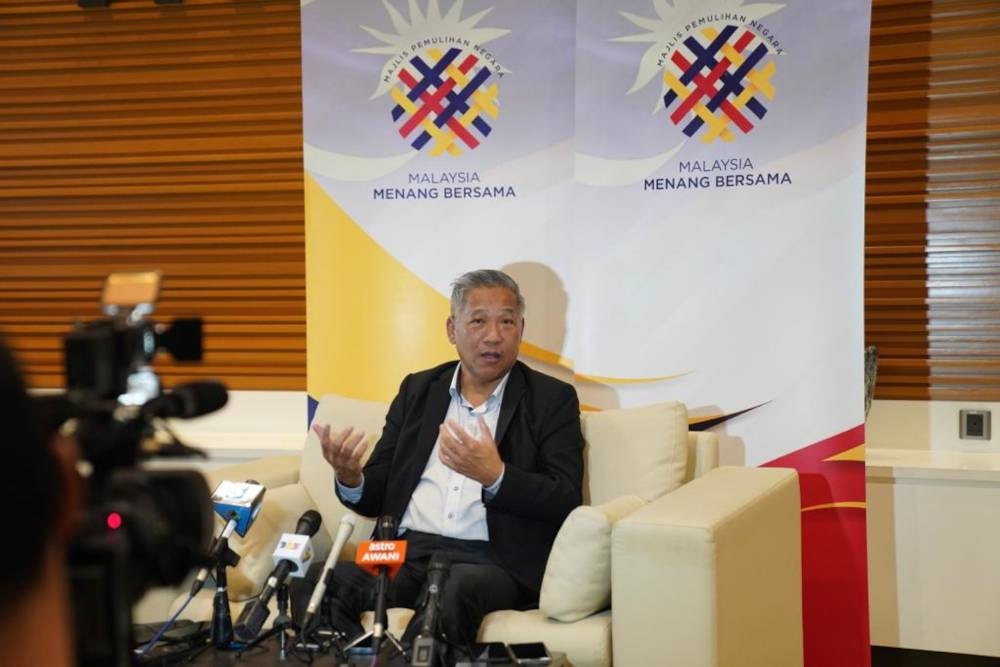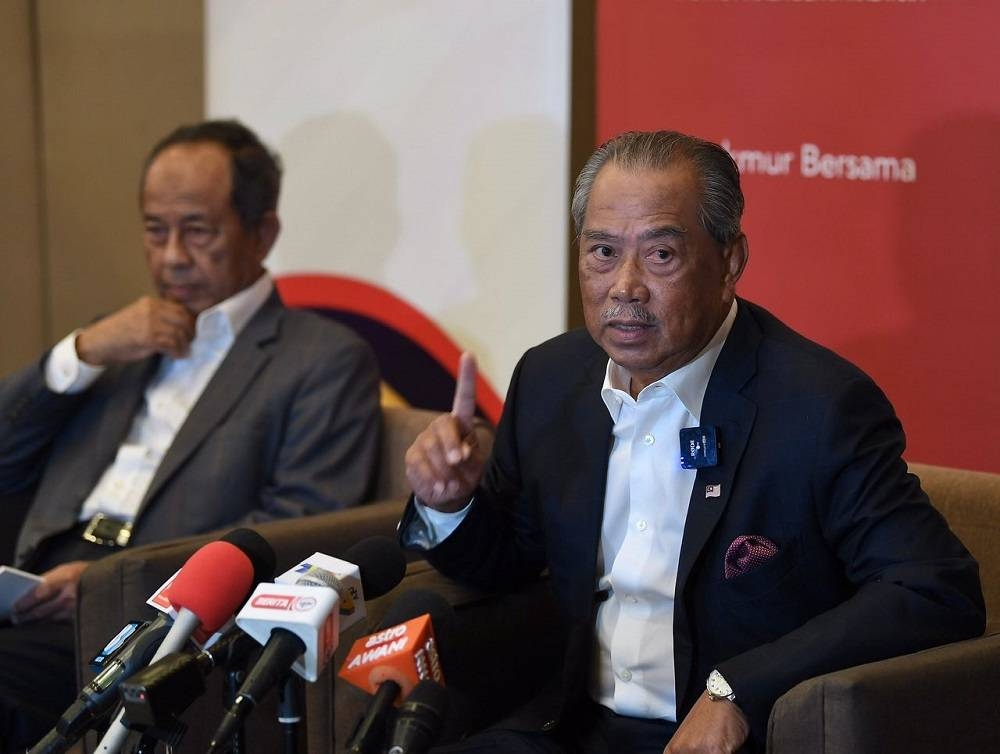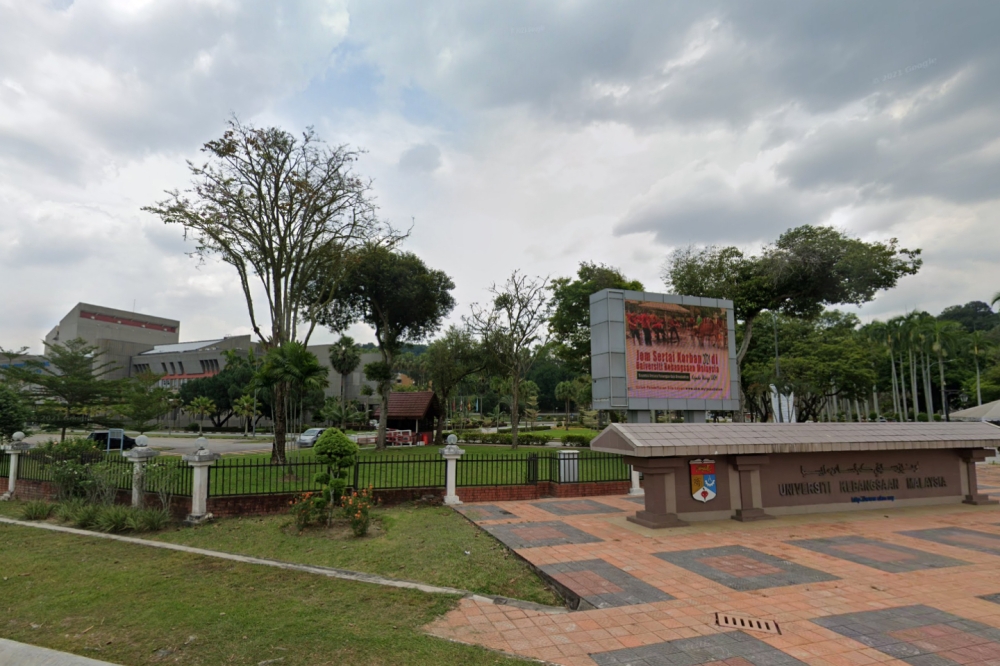KUALA LUMPUR, Oct 17 — The government needs to take “aggressive action” to spur economic growth in the country, said Datuk Michael Kang, a member of the National Recovery Council (NRC).
At a press conference last week, he said Malaysia will probably register lower economic growth in the coming months as the government has not given any “special” assistance to small and medium enterprises (SMEs) to help them recover from almost two years of economic shutdown because of the Covid-19 pandemic.
“Yes, since last year after the economy reopened, you can see that business and the economy is picking up because people are coming out to spend.
“But after that, you can feel in this past half-year that business is slowing down,” he told reporters at the Malaysian Investment Development Authority (Mida) Sentral building here.
Kang, who is also the former chairman of the Malaysia SME Association, added that the government should stop behaving as though it is “business is as usual.”
He said businesses should not have to rely on government grants, which is a burden on the nation’s coffers, and should instead be benefitting from clear and effective policies that would encourage investors to fund business growth.
“If businesses can be more self-sustaining, then this would help the economy recover and avoid the ringgit’s depreciation,” he said.
Among the government’s shortcomings, Kang said, was the lack of urgency in dealing with the lack of foreign labour in the country.
“A lot of SMEs are getting orders but they are not able to deliver because there is no workforce,” he added.
NRC chairman Tan Sri Muhyiddin Yassin also pointed out the same thing at the launch of a national seminar on “National Recovery and Social Inclusivity” co-organised by the NRC and an independent think-tank Institut Masa Depan Malaysia (Masa) in Putrajaya recently.
Muhyiddin said only 76,000 workers have been brought into the country since January, out of the 467,000 approved applications.
Kang suggested that a sort of “green lane” system be implemented to speed up the process for SMEs to acquire foreign labour and other requirements such as approvals to import raw materials.
“At least 50 per cent of what they apply for should be automatically approved first.
“Then for the other 50 per cent, that’s when the authorities can go through their documentation, and go through the process,” he said.
Kang also said that he had pushed for government policies to be created that would allow SMEs to be given a one-year “grace period” after economic activity reopened, which would help them recover from the two years of shutdown before.
Among his suggestions was a moratorium on bank loans, or loans with no interest rates for the first few months, and temporary immunity from legal action in relation to being unable to pay debts.
However, these suggestions were not implemented, Kang said.
He said many business owners are becoming bankrupt, as legal action is being taken on them, especially in relation to a backlog in rental payments.
In June, the Insolvency Department said that an average of 18 people a day were declared bankrupt in the first five months of the year, totalling 2,694 people.
Kang said that the most severely affected were the retail, tourism and construction industries.
“When I met the Bumiputera contractors (from the Malaysian Bumiputera Contractors Association), I felt so much pity for them, they didn’t know what to do.
“The government should help them so that they can have some capital to start back their business, that’s the only way for them to pay back their loans,” he said.
Kang said the NRC has made many such suggestions but the government is taking too long to implement them.

